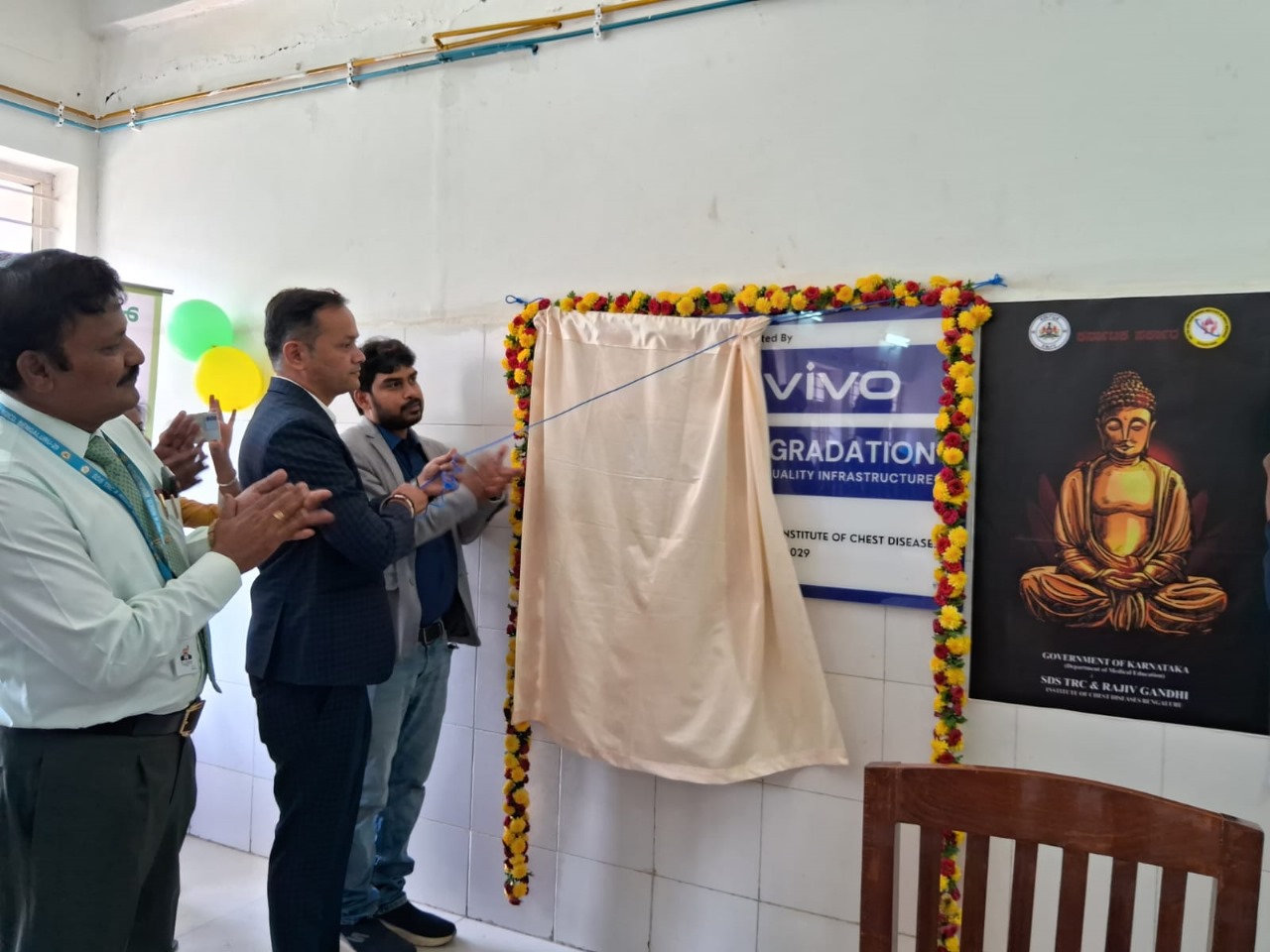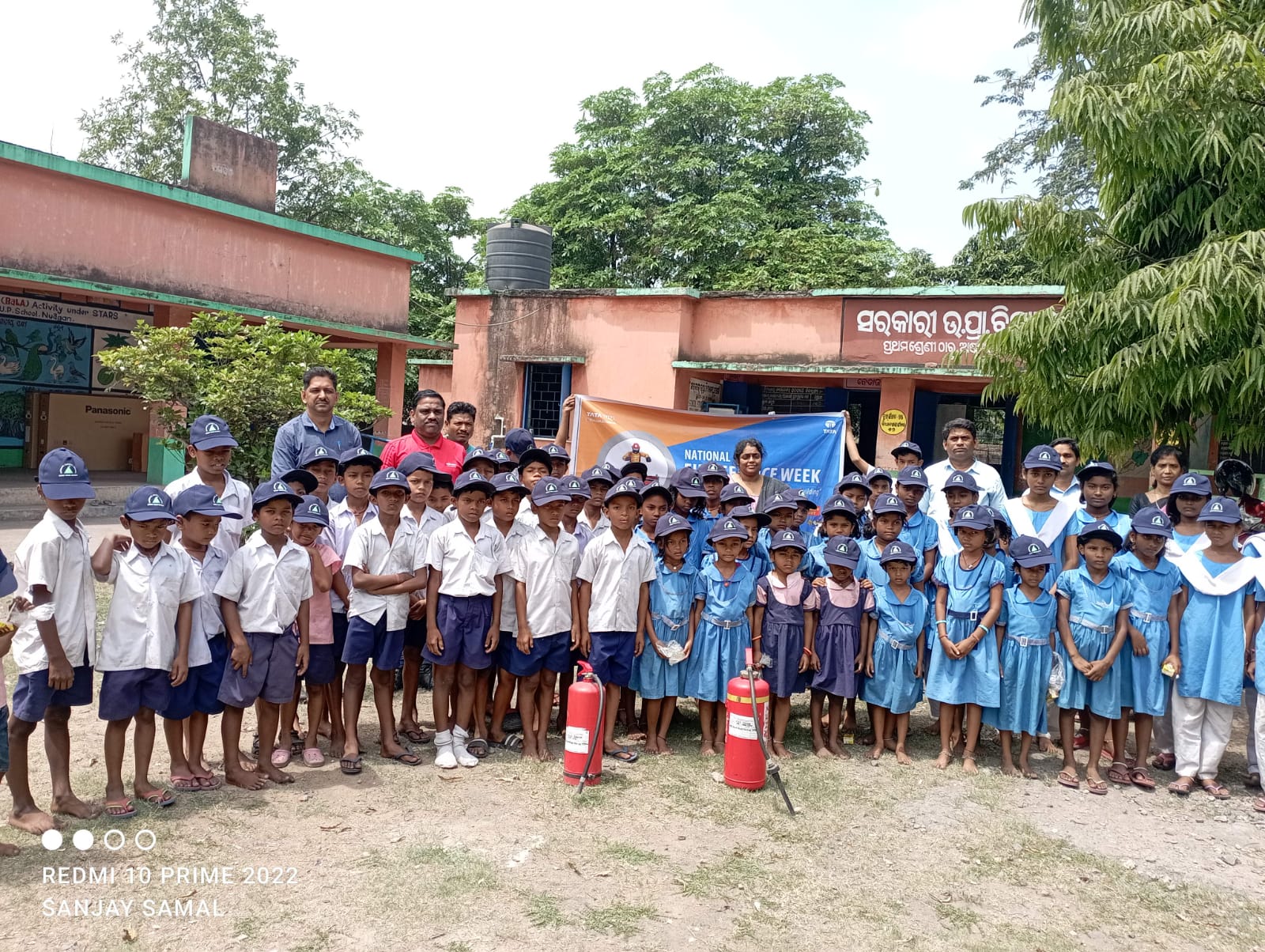Subscribe our Weekly Newsletter
Applications Invited for Solve Global Challenges

Organization: MIT Solve
Apply By: 18 Apr 2024
Grant Amount: 10000 USD
About the Organization
Solve is an initiative of MIT. We believe that to achieve a more sustainable and equitable future for all, we need new voices and ideas. We launch open calls for exceptional and diverse solutions to the most pressing global challenges from anyone, anywhere in the world. Selected innovators get the backing of MIT and our community of supporters to scale their impact and drive lasting change.
About the Grant
Solve’s Global Challenges seek exceptional innovators who are using technology to solve today’s most pressing problems.
Those selected become a Solver team and join our nine-month support program, receive access to funding in grants and investments, join a powerful network of impact-minded leaders, receive coaching and strategic advice from experts, and gain exposure in the media, among many other benefits.
Since 2016, over 20,000 solutions headquartered in over 180 countries have been submitted in response to Solve’s Global Challenges. We’re now proud to support a diverse group of 299 Solver teams, who have collectively impacted over 190 million lives worldwide. These teams are 62% women-led and headquartered in 59 different countries.
2024 Global Economic Prosperity Challenge:
Peace and stability are baseline conditions for economic prosperity and a thriving society, and both are at risk with escalating conflicts and economic shocks. Instability and conflict can severely erode economic prospects, reverse years of development gains, and exacerbate vulnerabilities. Poverty and lack of quality jobs contribute to conflict. With 114 million people forcibly displaced due to war, violence, and climate-related disasters, two billion workers worldwide in informal, precarious jobs, and disruptions from AI and other tech, the stakes are high.
Technology and innovation can be powerful tools to promote peace and prosperity. Social media has increased misinformation and polarization, but when well-designed, it also improved cohesion and civic participation and reduced the odds of violent conflict. Similarly, while technology can lead to more precarity, it can also facilitate more inclusive financial systems, new job opportunities, and more resilience. Ethically designing and implementing technology is a key component of building and maintaining more peaceful communities and inclusive economies.
MIT Solve seeks exceptional solutions leveraging technology to increase peace and prosperity. Our focus for 2024 centers on solutions that:
- Promote and sustain peace by increasing community dialogue, civic participation, reconciliation, and justice efforts; strengthening cyber security, and monitoring or preventing violence, misinformation, and polarization.
- Foster financial and digital inclusion by supporting access to credit, digital identity tools, and insurance while securing privacy and personal data.
- Generate new economic opportunities and buffer against economic shocks for workers, including good job creation, workforce development, and inclusive and attainable asset ownership.
2024 Global Learning Challenge:
The world faces persistent gaps in learning and educational opportunities. Globally, 250 million children are not in school, and hundreds of millions are in classrooms that lack adequate access to learning materials or disability-adapted infrastructure. In addition, the skills taught—in school or via other informal pathways—may not allow people to thrive in a rapidly changing world.
Technology in education works best when centered on the needs of communities and learners, and when designed to complement rather than replace human interaction. In doing so, it can offer new assistive tools, help cross language barriers, and support educators in creating more adaptive and inclusive learning opportunities. High-impact ideas can use technology for efficient network and scale, even as the end goal remains learner success.
MIT Solve seeks exceptional solutions leveraging technology to address equity gaps in learning. While we are excited to select and support innovators across any learning area, we have a particular interest for 2024 in solutions that:
- Ensure that all children are learning in good educational environments, particularly those affected by poverty or displacement.
- Use inclusive design to ensure engagement and better outcomes for learners with disabilities and neurodivergent learners, while benefiting all learners.
- Provide the skills that people need to thrive in both their community and a complex world, including social-emotional competencies, problem-solving, and literacy around new technologies such as AI.
2024 Global Climate Challenge:
Climate change is an omnipresent issue with the hottest recorded year, continuous extreme weather, and long-term impacts that will be determined by near-term choices. While driven by emissions from energy, industry, and agriculture in a concentrated set of economies, climate change disproportionately impacts the up to 3.6 billion people living in contexts that are highly vulnerable to impacts including extreme heat, flooding, and droughts. The climate crisis requires dramatic action, including rapid technology deployment alongside bold policies, financial commitments from governments, private capital, and philanthropy, and global market shifts.
Technology and innovation have an important role to play in contending with the effects of climate change. Technology exists to replace or mitigate all major areas of current emissions but often has minimal adoption due to high costs, a lack of engagement with communities, and the need for design at scale. Innovation can offer new business models, decreased costs, and approaches to scaling impact alongside or in place of new technologies that can help meet mitigation and adaptation goals at the speed of the crisis.
MIT Solve seeks exceptional solutions that leverage technology to address the causes and impacts of the climate crisis. While we are excited to select and support innovators across any climate area, we have a particular interest for 2024 in solutions that:
- Adapt cities to more extreme weather, including through climate-smart buildings, incorporating climate risk in infrastructure planning, and restoring regional ecosystems.
- Enable a low-carbon and nutritious global food system, across large and small-scale producers plus supply chains that reduce food loss.
- Strengthen coastal and marine ecosystems and communities through the broader blue economy, including fisheries, clean energy, and monitoring, reporting, and verification (MRV).
2024 Global Health Equity Challenge:
Every person has the right to access the full range of quality health services they need, when and where they’re needed. While there has been some progress towards these goals over the last few decades, much of that progress has now slowed or reversed. Currently, half the world lacks access to comprehensive health services. Two billion people face financial hardship due to out-of-pocket healthcare costs. Under-resourced communities (including but not limited to women and girls, ethnic minorities, people with disabilities, and older adults) are often disproportionately affected and experience systematically worse health outcomes.
Technology and innovation have an important role to play in improving health and well-being for all. New technologies can improve health outcomes and access, but only when utilized effectively. Innovation can help these technologies be more affordable, scalable, sustainable, and community-focused. Opportunities for positive change exist across many areas of care including primary care, mental health, and infectious diseases.
MIT Solve seeks exceptional solutions—rooted in and driven by communities—that leverage technology to increase access to quality care and good health. While we are excited to select and support innovators across any health area, we have a particular interest in solutions that:
- Ensure health-related data is collected ethically and effectively, and that AI and other insights are accurate, targeted, and actionable.
- Increase capacity and resilience of health systems, including workforce, supply chains, and other infrastructure.
- Increase access to and quality of health services for medically underserved groups around the world (such as refugees and other displaced people, women and children, older adults, and LGBTQ+ individuals).
2024 Indigenous Communities Fellowship:
Indigenous innovation is as diverse and expansive as Indigenous communities, with entrepreneurs harnessing traditional knowledge systems, values, and teachings to reimagine and renew what is possible in their communities and beyond. The Tohono O’odham Nation, a sovereign tribe with the landmass of Connecticut, has recently deployed affordable wireless internet service across its citizens. In Canada, the Sanyakola Foundation is working directly with First Nations and Métis elders to develop language revitalization technologies for dying or presumed extinct Indigenous languages. Indigenous innovators across the US and Canada are committed to creating bright and prosperous futures for all.
Solve continues to hear from Indigenous leaders about the essential role culture and traditional knowledge systems must play in any business, nonprofit, or social enterprise designed by and for their communities. Moreover, there is an ever-increasing callfrom Indigenous peoples to generate, modify, and control their own technologies for the sake of their communities. Whether working with data banks, financial institutions, agriculture, energy, and more, the time is past due for local control of the services and technologies serving Indigenous peoples.
MIT Solve seeks exceptional innovators supporting community-based solutions by and for Indigenous communities across the United States and Canada. While we are excited to select and support innovators with any focal area, we have a particular interest for 2024 in solutions that:
- Strengthen sustainable energy sovereignty and support climate resilience initiatives by and for Indigenous peoples.
- Drive positive outcomes for Indigenous learners of any age and context through culturally grounded educational opportunities.
- Promote culturally informed mental and physical health and wellness services for Indigenous community members.
- Advance community-driven digital sovereignty initiatives in Indigenous communities, including the ethical use of AI, machine learning, and data technologies.
How to Apply
Deadline to submit: April 18, 2024 12:00 PM EDT
For more information please check the Link
Stay in the loop with the newest RFPs and Grants through NGOBOX's WhatsApp Channel. Join now by clicking here!
Latest Online Store
Latest Tenders And EOIs
Latest News
© Renalysis Consultants Pvt Ltd


























